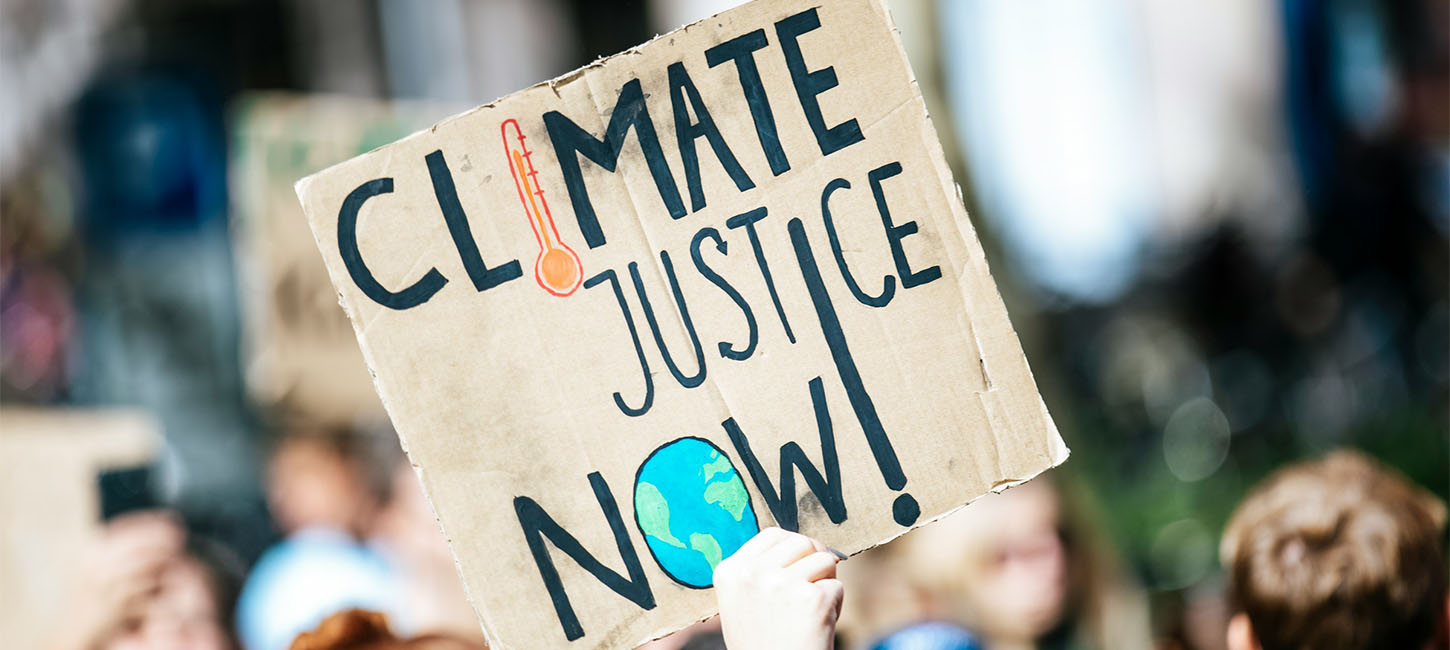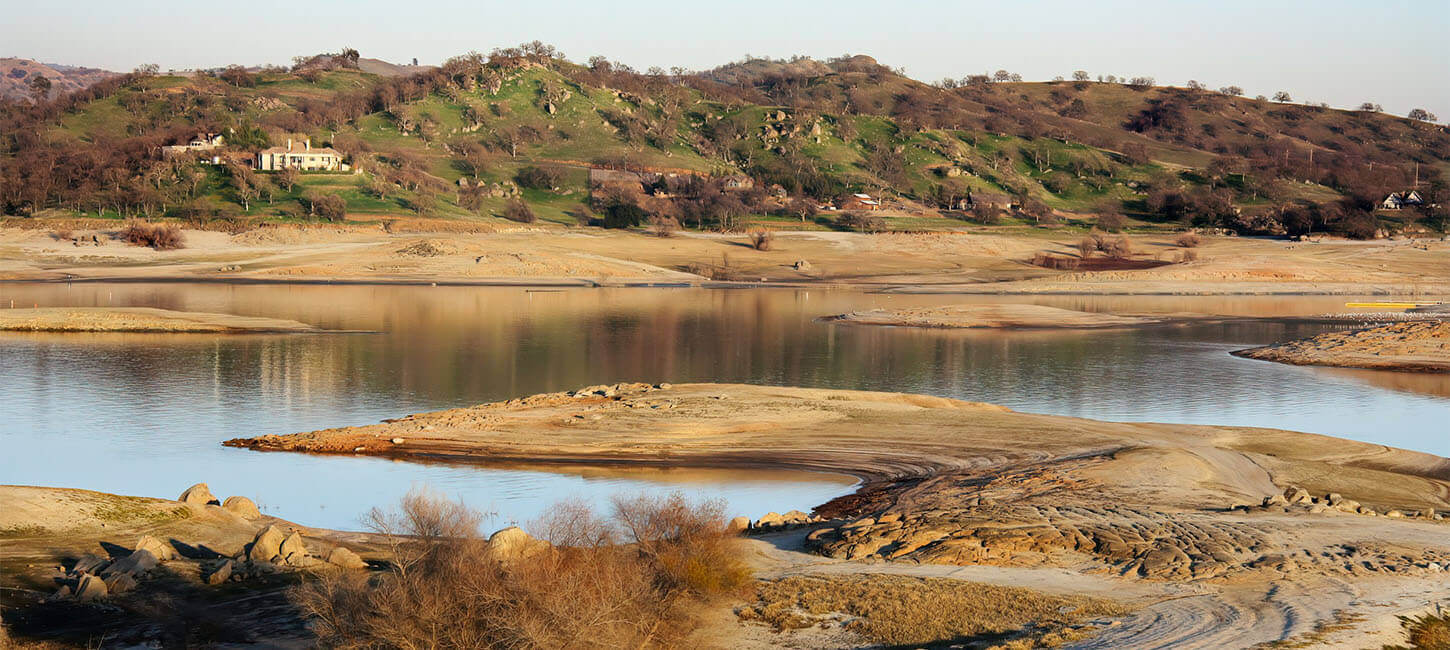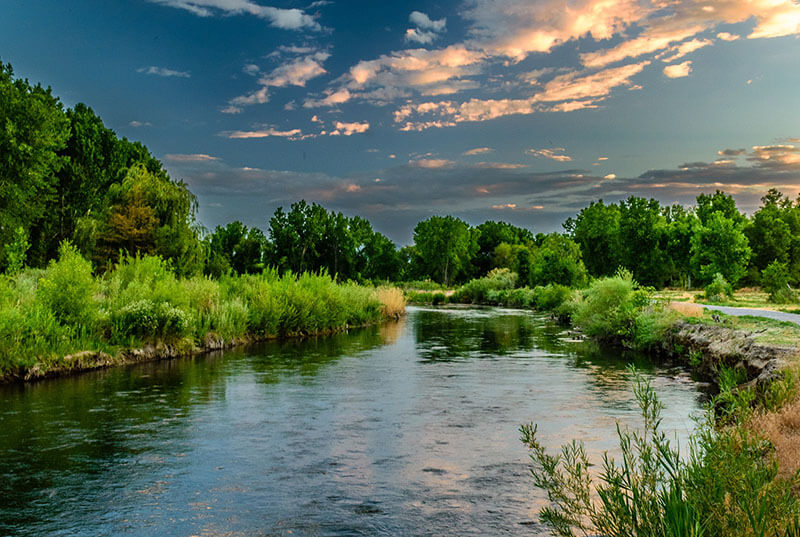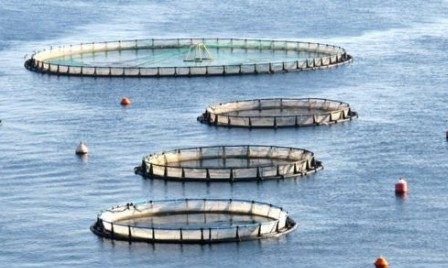London Climate Action Week
London Climate Action Week
May 23, 2024
London Climate Action Week
Overview of London Climate Action Week
London Climate Action Week (LCAW), now in its 6th year, aims to mobilize whole-of-society climate action in the vibrant and diverse global city of London.
This annual festival of climate action unites individuals, organizations, and communities, hosting a diverse range of events and collaborations.
London Climate Action Week is organised by E3G, an independent climate change think tank backed by many blue chip organisations and trusts including the Gates Foundation.

We must all work together to address climate change
London Climate Action Week 2024
LCAW provides a platform for climate professionals, communities, and stakeholders to come together and find solutions to the climate emergency. The 2024 event takes place from 22 to 30 June.
As the largest independent climate gathering in Europe, LCAW plays a crucial role in advancing climate resilience and sustainability.
As climate change impacts ripple into everyday lives, cities like London must play a vital role in building public support for ambitious and fair climate action.
Climate Action for Water
During LCAW there are several specific events related to water conservation and reuse:
Water Resilience and Urban Planning Symposium (24th)
• This symposium brings together urban planners, policymakers, and water experts to discuss strategies for enhancing water resilience in cities.
River Cleanup and Restoration Day (26th)
• Everyone is invited to join local communities along the Thames River for a day of cleaning up riverbanks, removing debris, and restoring natural habitats.
Panel Discussion: Blue Cities for a Green Future (29th)
• A panel of experts will explore innovative approaches to water management in urban areas.
Climate Change and Water Security
Increased urbanisation (something that affects almost every capital city) is one of the major causes of water stress, and is becoming more commonplace as the century progresses.
Today, according to UN-Water, 2.3 billion people live in water-stressed countries whilst 1.42 billion live in areas of high or extremely high water vulnerability.
Other interlinked causes of water scarcity include population growth, depletion of underground aquifers due to over-extraction, and climate change causing more droughts and floods.
How Can the Water Crisis be Solved?
Not everyone realises that water is a finite resource and much greater efforts need to be made to avert the ‘doomsday scenario’ that could come before the end of the century if attitudes (and regulation) don’t change radically.
Without systemic change, both agriculture and industry will eventually grind to a halt – and starvation will follow. The key to addressing this is dramatically increased water re-use and far greater efforts given to water conservation – all to increase water security.
To the lay person, the amounts of water used by industry are almost unimaginable. People find it hard to realise the sheer amount of water it takes to make a car or a smartphone – let alone just a cotton T-Shirt (2,700 litres, according to the WWF, which is enough drinking water for one person for 900 days, or 70 showers.)

Arvia are working to combat climate change
Water Reuse – One of the Keys to Controlling Climate Change
The key to averting this crisis is industrial water reuse, specifically treating wastewater at source to remove specific pollutants before they get into a ‘Frankenstein soup’ of many different chemicals.
With the latest developments in water treatment technology – specifically systems using combinations of electrochemistry and adsorption – it’s perfectly possible to remove many dangerous chemicals right down to trace levels. This includes pesticides, insecticides, battery chemicals, pharmaceuticals, solvents and more.
The main stumbling block to increased uptake of systems to enable water reuse is that many regulators (as well as politicians, industrialists, and voters generally) are not aware of:
(a) The water crisis that is coming and its probable timescale.
(b) The technology available to avert it and how easy it is to deploy.
Arvia Technology Climate Action Approach
At Arvia, we design and produce one of the world’s most efficient systems to treat specific pollutants in industrial wastewater.
Our reactors are endlessly configurable, have no moving parts and do not require any hazardous or caustic chemicals to be added in. Neither do they produce masses of toxic waste or require vast amounts of electricity to be effective.
Using our patented adsorptive media – Nyex™ – and a unique combination of electrochemistry and adsorption, Arvia’s Ellenox™ and Rosalox™ systems have been proven to reduce many harmful chemicals present in water down to parts per trillion!
Every day millions of litres of industrial wastewater is either poured into watercourses and sewers or trucked miles away to be incinerated – with all the associated CO2 that entails.
If even a small percentage of polluted industrial wastewater was re-used, it would make a massive change to our future.
The challenge is, can we get that message through to the politicians and regulators in time?
Why Climate Action is Important
As we mark London Climate Action Week this June, we must bear in mind that even another month … or another year … is a delay we don’t really have time for, before we need to start doing something tangible about recycling more water.
Let’s hope the discussions and forums at LCAW cover this vital subject and as a result increased pressure is brought to bear on politicians and regulators, encouraging greater water re-use in the years to come.
More featured articles
11.3.2021

Environmental regulations for wastewater are often only set when technology becomes available. Work with Arvia to help set new wastewater regulations in your region.
11.3.2021

Our guide to environmental legislation (wastewater). Where to look for information and how it affects our industrial clients.
02.9.2022

The aquaculture industry has a number of challenges and opportunities. Find out about how Arvia can help in this ever-changing industry.
Our wastewater treatment expertise
Our water technology can be used to treat a variety of water treatment applications. Once we understand the nature of your wastewater and your final water quality target, our water treatment specialists can make recommendations as to how best to treat your water. Take a look at some of the Nyex applications here:
Need help? Speak with an expert
More featured articles
11.3.2021

Environmental regulations for wastewater are often only set when technology becomes available. Work with Arvia to help set new wastewater regulations in your region.
11.3.2021

Our guide to environmental legislation (wastewater). Where to look for information and how it affects our industrial clients.
02.9.2022

The aquaculture industry has a number of challenges and opportunities. Find out about how Arvia can help in this ever-changing industry.
Our wastewater treatment expertise
Our water technology can be used to treat a variety of water treatment applications. Once we understand the nature of your wastewater and your final water quality target, our water treatment specialists can make recommendations as to how best to treat your water. Take a look at some of the Nyex applications here:
Need help? Speak with an expert